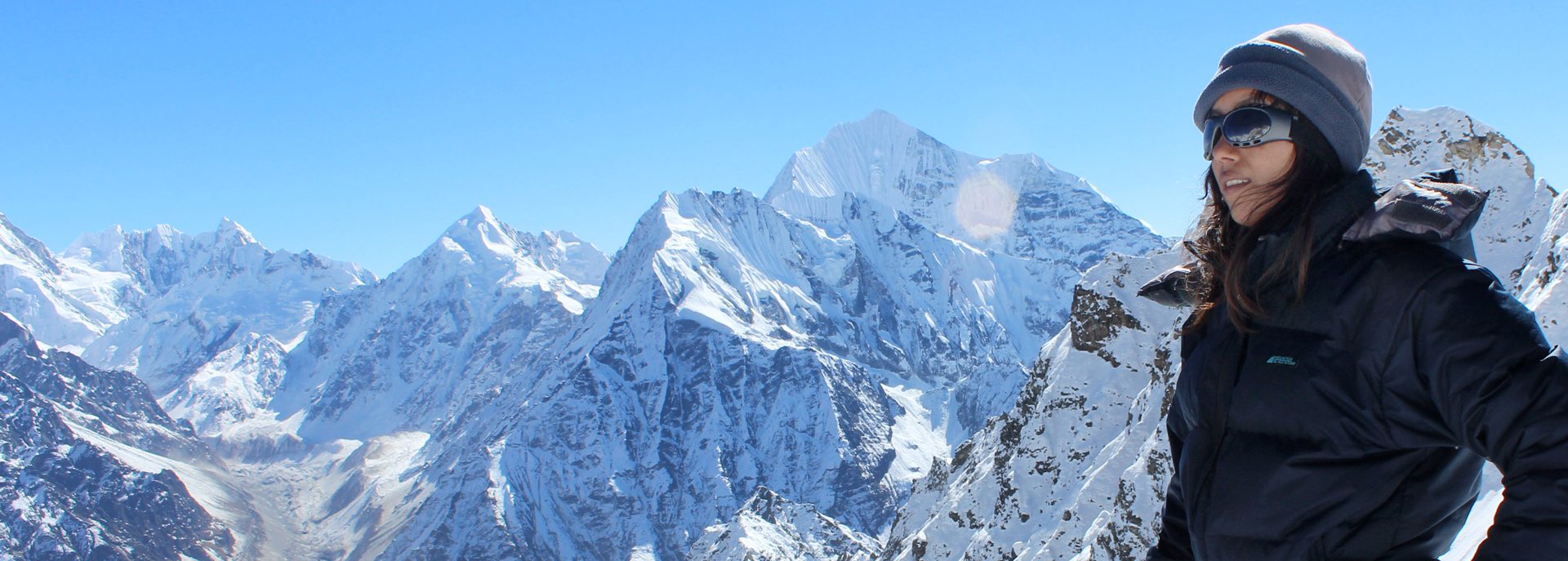About the training
Through our Cryosphere Initiative, we are organising field-based glacier monitoring training for our partners on Ghulkin and Passu glaciers in Hunza, Pakistan. The training aims to strengthen the capacity of participants from universities and research institutes in Pakistan to independently conduct field-based glacier monitoring. The training sessions will familiarise participants with different aspects of glacier fieldwork and will strengthen participants’ ability to produce and analyse glacier data.
We previously conducted theoretical glacier monitoring trainings in Islamabad, Pakistan, in 2019, 2020, and March 2022. This training is a continuation of these previous trainings.
Targeted participants
Faculty members, students, and early-career researchers in at universities and research institutes will participate in the training. We will invite approximately 10–12 participants who participated in the theoretical training in March 2022 to participate in this field-based training. These participants were from our partner agencies and students who applied through an open call. We will ensure gender balance in the participants selected from the open call.
Training content
The training sessions will cover the following:
- Mapping glacier terminus and extent in the field using dGPS
- Hands-on exercises on dGPS, GPR, and steam driller/ice auger
- Field-based and remote-sensing data comparison
- Monitoring debris cover and clean ice glacier melting
- Basic glacier safety and crevasse rescue (by an external instructor)
- Glacier thickness monitoring using GPR
- Informal discussions with local communities on the impacts of glacier changes on their livelihoods and their coping mechanisms
Expected outcomes
The participants are expected to use their new skills for cryosphere monitoring in the HKH region and to develop their own cryosphere monitoring programmes with a solid understanding of the results and implications of such programmes.
Planned follow-up training
We will follow up with participants regarding further support for their research on glacier monitoring and research in the region. In addition, we will ask participants to fill out a post-training survey that will help improve and tailor future capacity-building trainings.

